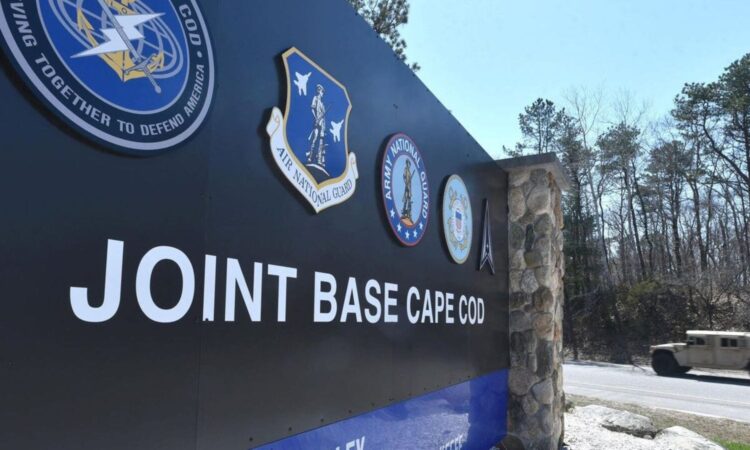
More foreign real-estate transactions near U.S. bases stateside would face scrutiny under a new Biden administration proposal, a move that comes amid concerns about China.
The U.S. Treasury Department on Monday proposed a vast expansion of the number of domestic installations it watches under a law that allows the government to block foreigners from buying land.
The proposal would allow the Committee on Foreign Investment in the U.S., which reviews deals for national security issues, to look into real-estate purchases near more than 50 military sites that hadn’t previously been covered. Some of the added installations are deemed sensitive enough that even deals up to 100 miles away could be blocked.
“Cfius plays an integral role in U.S. national security by thoroughly reviewing real-estate transactions near sensitive military installations, and this proposed rule will significantly expand its jurisdiction and ability to accomplish this vital mission,” Treasury Secretary Janet Yellen said.
Treasury didn’t single out any one national security concern as a driver behind the move, but Washington has repeatedly sought to broaden its powers to review investment flows amid growing worries about China.
Cfius generally has focused on corporate deals. In 2018, though, Congress expanded the committee’s authority to encompass real-estate transactions near military bases and other sensitive sites.
Under Monday’s proposal, for example, the administration would be able to review transactions within 100 miles of Joint Base Cape Cod, located in Sandwich, Mass., meaning real-estate deals near Boston and Providence, R.I., could in theory also come under the Cfius magnifying glass. Cfius’s rules, though, exempt most transactions in built-up urban areas from review.
The proposal would also allow officials to review transactions within 100 miles of Wright-Patterson Air Force Base in Dayton, Ohio, up from one mile, which would put some real-estate deals in the booming Columbus area under Cfius’s purview.
In May, President Biden ordered MineOne Partners, a crypto company ultimately owned by Chinese nationals, to sell real estate located within a mile of a Wyoming nuclear missile base. The transaction hadn’t been filed with Cfius, and officials only learned of it from a public tip, according to the administration.
The administration recently proposed giving Cfius more power to get information and levy fines. The U.S. has also proposed regulations on outbound flows of money to Chinese companies in certain sectors, such as artificial intelligence and semiconductors.
Write to Richard Vanderford at Richard.Vanderford@wsj.com
3.6 Crore Indians visited in a single day choosing us as India’s undisputed platform for General Election Results. Explore the latest updates here!
